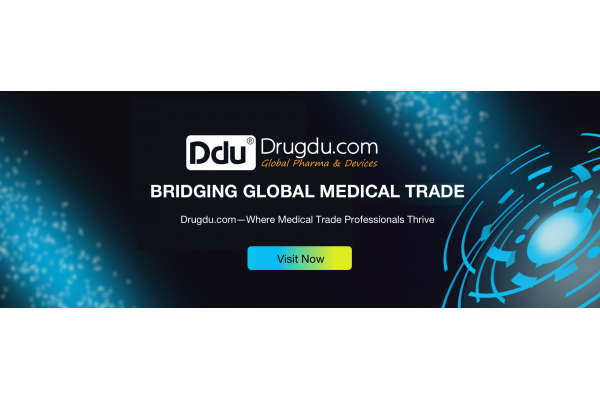【EXPERT Q&A】What is the concept of GMP certification? What is the connection between GMP and FDA?
November 13, 2024
Source: drugdu
 255
255
Drugdu.com expert's response:
Ⅰ. GMP Certification Concept
GMP, an acronym for GOOD MANUFACTURING PRACTICE, signifies "Good Manufacturing Practices" in Chinese. The World Health Organization defines GMP as a regulation guiding the production and quality management of food, pharmaceuticals, and medical products. GMP is a mandatory standard applicable to industries such as pharmaceuticals and food, requiring enterprises to meet hygiene quality requirements in terms of raw materials, personnel, facilities and equipment, production processes, packaging and transportation, and quality control, in accordance with relevant national regulations. It forms a set of operable operational norms to help enterprises improve their hygiene environment and promptly identify and rectify issues in the production process. GMP mandates that pharmaceutical and food production enterprises possess good production equipment, reasonable production processes, comprehensive quality management, and rigorous testing systems to ensure that the final product quality (including food safety and hygiene) meets regulatory requirements.
In the pharmaceutical production sector, GMP certification is a system where the state conducts GMP inspections and obtains recognition for pharmaceutical production enterprises (workshops) and pharmaceutical products in accordance with the law. By obtaining GMP certification, pharmaceutical production enterprises can demonstrate that their production processes comply with relevant regulations and standards, thereby ensuring the quality and safety of pharmaceuticals.
Ⅱ. Connection Between GMP and FDA
Regulatory and Regulated Relationship: The Food and Drug Administration (FDA) is a high-enforcement authority in the United States authorized by the Congress and the federal government, specializing in the regulation of food and drugs. It is a governmental health regulatory and monitoring agency composed of professionals such as doctors, lawyers, microbiologists, pharmacologists, chemists, and statisticians, dedicated to protecting, promoting, and improving national health. GMP, on the other hand, is a set of production and quality control standards that enterprises must follow to meet FDA requirements. In other words, GMP represents a form of self-management for enterprises, while the FDA is an external regulatory agency that ensures compliance with these standards through regulations and inspections.
Joint Assurance of Product Quality: Enterprises can only pass FDA audits and inspections by strictly adhering to GMP standards during the production process, thereby obtaining product marketing authorization. Therefore, GMP and the FDA jointly ensure that products circulating in the market meet established safety and quality standards.
In summary, GMP certification is an essential standard that must be followed in industries such as pharmaceuticals and food, while the FDA acts as an external regulatory agency, ensuring compliance with GMP and other production and quality control standards through regulations and inspections.

Read more on
- API Is Not Just a Cost – It’s Your Ticket to Global Markets March 3, 2026
- 【EXPERT Q&A】What factors should be given priority consideration in the benefit-risk assessment of medical devices? March 2, 2026
- 【EXPERT Q&A】How can the compliance assessment of in vitro diagnostics (IVDR) in the European Union be carried out in a standardized and efficient manner? February 27, 2026
- 【EXPERT Q&A】How to apply for the classification and definition of medical devices? February 25, 2026
- 【EXPERT Q&A】The US FDA has implemented a brand-new QMSR system regulation for medical devices. What significant changes will occur in the corresponding on-site inspections? February 23, 2026
your submission has already been received.
OK
Subscribe
Please enter a valid Email address!
Submit
The most relevant industry news & insight will be sent to you every two weeks.



